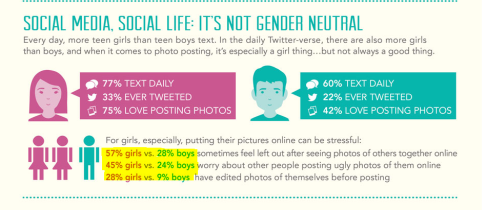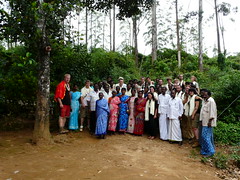 Working with young people who identify as LGBT is an area of our work that has continued throughout all the turmoil and change over the past 18months. This is an area that is set to grow however in order to do this we need to continue to identify what their needs are and how best we can address them.
Working with young people who identify as LGBT is an area of our work that has continued throughout all the turmoil and change over the past 18months. This is an area that is set to grow however in order to do this we need to continue to identify what their needs are and how best we can address them.
As we all know, being a young person growing up has its own challenges however this can be even more so when when you’re lesbian, gay,bisexual, trans or questioning your sexuality and/or gender identity (LGBTQ) – or at least that’s what everyone says.
The reality is, however that there’s very little robust data currently available on LGBTQ people in the UK in general, even less so on young people in particular. According to recent reports:-
- An alarming 65% of 16-25year old LGB people have experienced homophobic bullying at school in England.
- The rate of attempted suicide is twice as high among the LGB population as the national average
- In the US at least, LGB record significantly higher drug andalcohol use.
This evidence suggests that there are tangible issues here and that they have a very serious impact on all aspects of young people’s lives and outcomes. The data,however, is still missing and the response from services – therefore unclear.
So – the question a ground-breaking new study is attempting to answer by surveying 15,000 16-25 year old LGBT people across the country is how hard is it really and what are the specific challenges that make it so? Youth Chances – a social research project led by the Metro in partnership with the University of Greenwich and Ergo Consulting, and funded by the BigLottery, is inviting 16-25 year olds from across England to share their story by completing the survey – here are some of them, speaking out about Youth Chances andhow it will make a difference to their lives.
The evidence collected will help to inform and influence the work of service providers and commissioners all over England and help them identify how their policies can be improved to address the real concerns of young LGBT people today. So, if you’re working with young people, especially those who may identify as LGBTQ then please, please, encourage them to fill in the survey!













